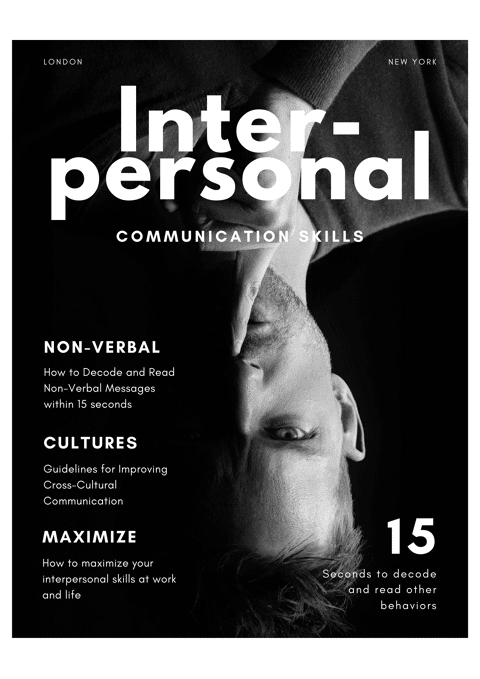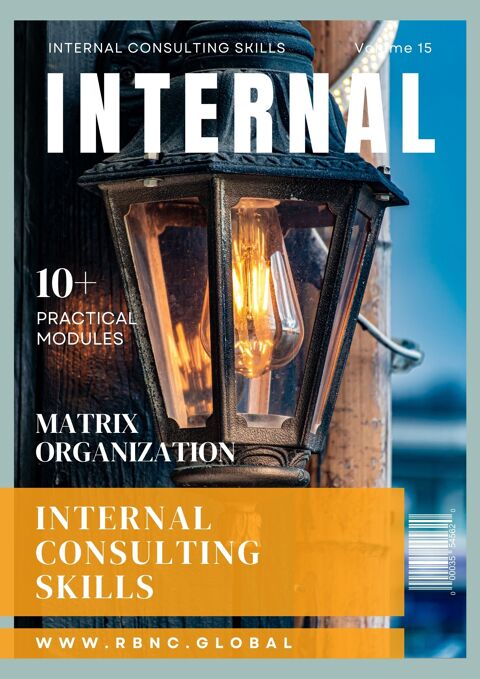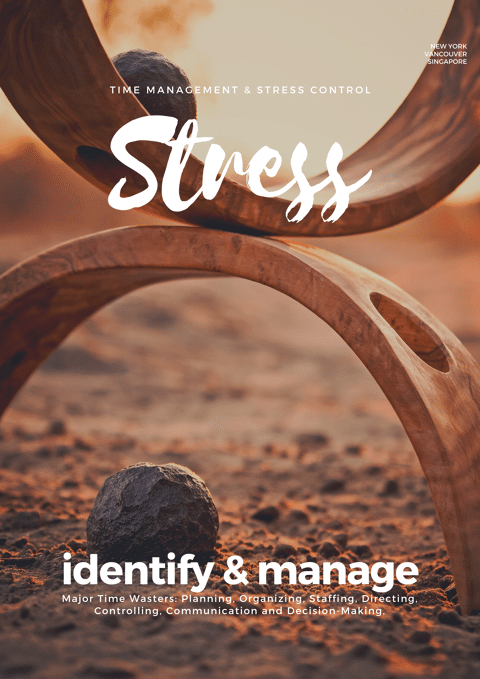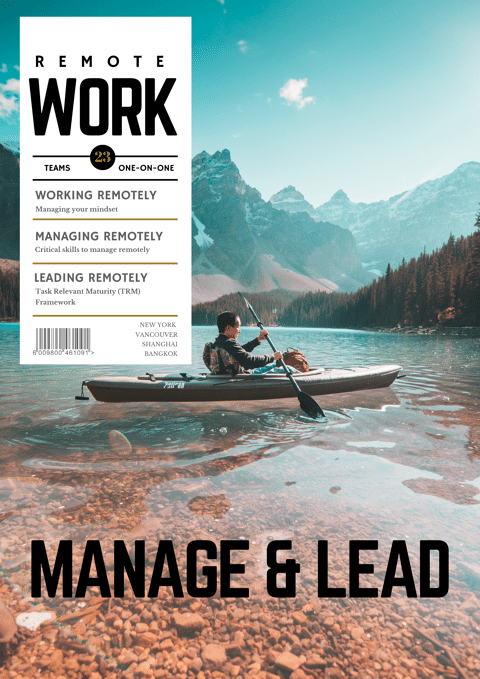Conflict Management
Introduction
RBNC designed this course to examine a number of practical ways for preventing, managing and resolving workplace conflict. Participants will be exposed to self-analysis approaches as well as case study situations in order to build up a tool kit of conflict management strategies.
How you will benefit
- Understand the sources of conflict.
- Be able to develop a strategy to handle conflict in a positive way.
- Be able to reduce the negative effects of stress in your organization.
- Understand and use effective conflict-handling and problem-solving techniques.
Who should attend
- All managers and members of teams, particularly those who have to deal with conflict in their workplace.
- This is a hands-on, practical course where participants will benefit by being involved in case studies and problem-solving activities that are relevant to their organizational setting.
What you will cover
- Definitions and types
- Scope of conflict: General conflict vs Workplace conflict
- Why does conflict occur?
- Dynamics of conflict
- Effects of workplace conflict: Positive outcomes vs Negative results
- Life cycle of a conflict
- Conflict and collaborative work connection
- Interdependence/task-based conflicts
- Leadership conflicts
- Cultural-based conflicts
- Work styles conflicts
- Personality conflicts
- Reasons for conflict
- Recognizing conflict
- The manager as a facilitator
- Conflict management skills
- Recognizing correct timing for resolution
- Complaints by your staff
- Angry customer causing a conflict
- Conflict with the boss
- Conflict in groups
- Ethical leadership in conflict
- Constructive versus destructive
- Constructive conflict management
- Agreement frame
- Conflict handling behavior
- Perception and observation
- Psychology of conflict resolution
- Overview of anger management
- Mediation and arbitration
- Emotional intelligence and conflict management
- Definition of adaptability
- Why do we resist change?
- Controllable and uncontrollable influences
- Adaptive mindset
- Identify styles of adaptability
- Theories of adaptation and conflict management
- Guidance for managers
Schedule
Live Online
$2,100
14 May 2026

Other courses
Loading...








